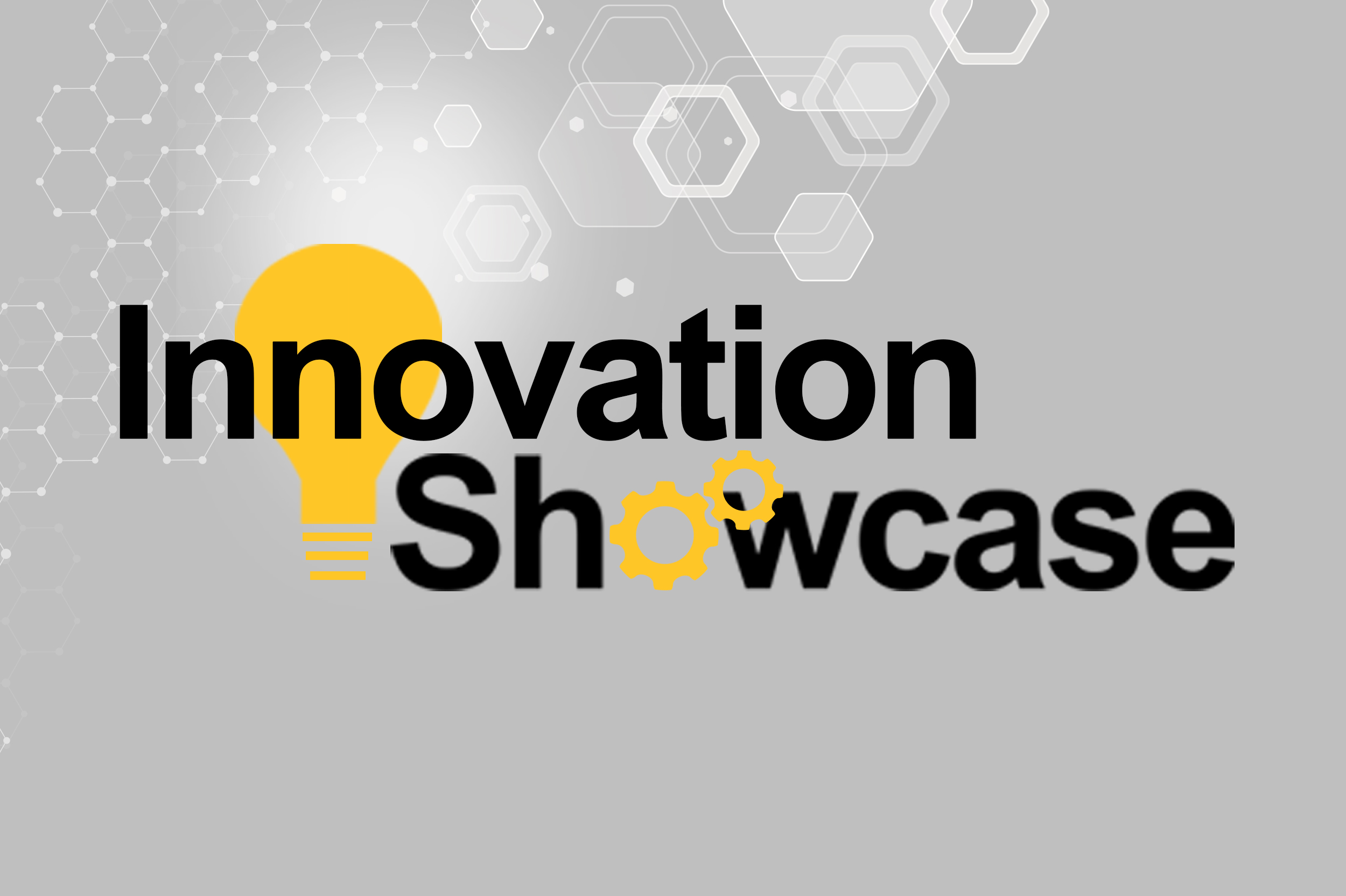Grand Challenges Scholars Program (GCSP)
The Fulton Grand Challenges Scholars Program combines innovative curriculum and cutting-edge research experiences into an intellectual fusion that spans academic disciplines and includes entrepreneurial, global, and service learning opportunities.
Fall 2022 projects

Students: Tristan Dunton, Luis Ruiz, Andrey Podoprigora
This team used miniaturized satellite, or a space drone, for deep-space exploration that utilizes the pressure exerted by solar radiation as a form of mobility.

Students: Harrison LaBell
The challenge of this project was to keep a standard plant alive without requiring a human to have a daily involvement or commitment to the plant. The goal is to use a single Arduino UNO to control the apparatus, for it to fit on a standard-sized desk and for the plant to survive for at least one calendar month after being placed in the design.

Students: Kushagra Dashora, Shaurya Manglik, Kevin Shah
The aim of this project was to make the lives of people all over the world easier and safer via a high-tech exosuit that has multipurpose and multi-tasking capabilities.